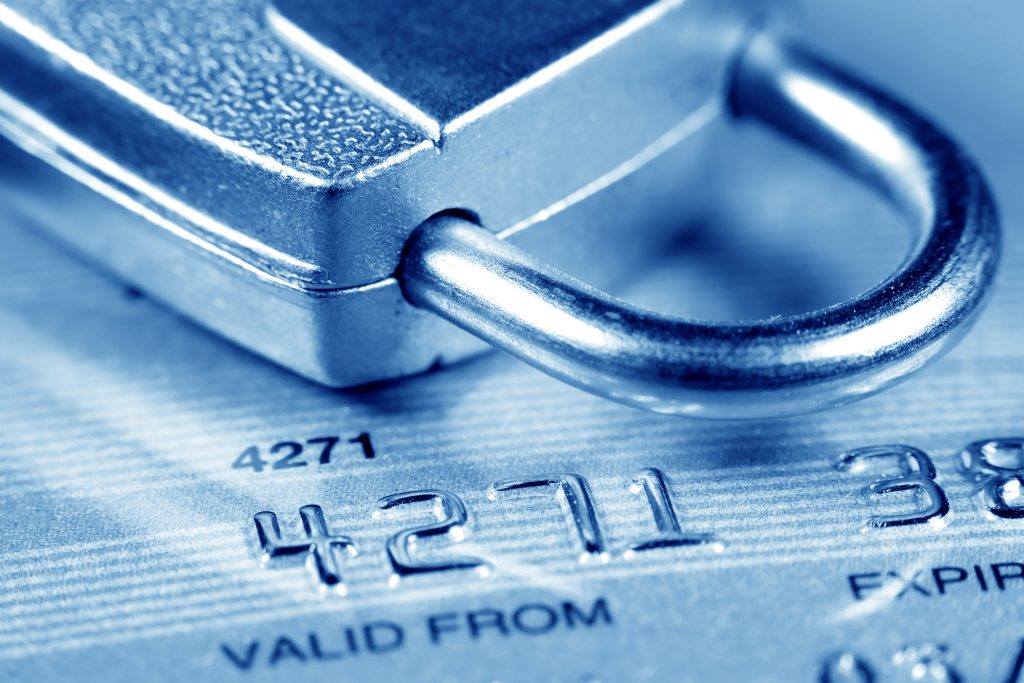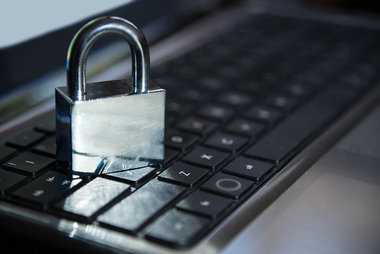Identity Theft Prevention: Equifax Data Breach—How We Respond

The recent data breach at Equifax (one of the nation’s three credit reporting agencies) was also the largest, exposing 143 million American consumers’ sensitive personal information. The need to increase our due diligence and ramp up individual efforts to reduce the risk of identity theft, or at least minimize the damage if it has already occurred, has never been more urgent.
According to Equifax, the data breach lasted from mid-May until July. During this time, cyber criminals accessed sensitive information, including names, Social Security numbers, birthdates, addresses and some driver’s license numbers.
Whether or not you are one of the unlucky individuals whose personal information has been stolen, there are steps you can take to protect yourself, your credit report and your identity, both now and into the future. The steps to take could be labeled as basic and fundamental, but they demand consistency and diligence to be effective.
Step One: Pull Your Credit Report.
The first step to take is to obtain your credit reports from all three credit reporting agencies and review them for accuracy. Look for incorrect personal information, recent inquiries or accounts that you didn’t open as clear signs of potential fraud or identity theft. It is important to monitor your credit reports on a monthly basis, as oftentimes, these criminals show patience and are willing to wait for several months or even years before they try to use what they’ve stolen.
You can obtain your credit report annually from all three credit reporting agencies for free from AnnualCreditReport.com, a government-initiated site created with the implementation of the Fair and Accurate Credit Transactions Act (FACTA). However, these reports are only free once every 12 months.
Step Two: Review Your Bank and Credit Card Statements.
Soon after obtaining your credit reports, if not simultaneously, it is time to review your bank and credit card statements. Accounting for each transaction is necessary, as this is often your first line of defense in knowing if your compromised personal information is now being used for someone else’s financial gain. If there are any transactions that you cannot account for, contact your financial institution to investigate as soon as possible.
If necessary place a fraud alert on your credit report.
If you indeed are, or suspect you may be, a victim of fraud or identity theft, you can place a fraud alert on your credit report to notify potential creditors or lenders. When you have an alert on your credit report, a business must verify your identity before it issues credit. So, they will contact you directly before any new loan or credit is established in your name. The most common is an initial fraud alert, which lasts for 90 days and can be renewed after that duration. There is also an extended fraud alert that you can put on your credit for one year or seven years. Placing an initial fraud alert is free. Contact one of the three credit reporting agencies (TransUnion, Equifax or Experian) in order to initiate a fraud alert.
For Extreme Caution: Lock Your Credit with a Credit Freeze
A more drastic step for addressing concerns with a potential compromise of your personal information is locking your credit file with a credit freeze. A credit freeze will block any and all attempts to get credit in your name, even if they are legitimate inquiries initiated by you. If you plan on purchasing a home or an automobile with a loan in the very near future, this may not be the best option. One must consider their individual situation before proceeding with a credit freeze, as a freeze may require a payment and a waiting period when you want to unfreeze it to apply for credit.
For consumers, the Equifax data breach is increasingly alarming, as this was a compromise of personal information that was out of an individual’s control. This was a breach of a billion-dollar site, rather than the result of unprotected PINs, exposed sensitive personal documents or shopping online on an unsecured site. With that said, continue to use diligence in protecting your identity in any and all the ways you can. You are your first and most important line of defense.



